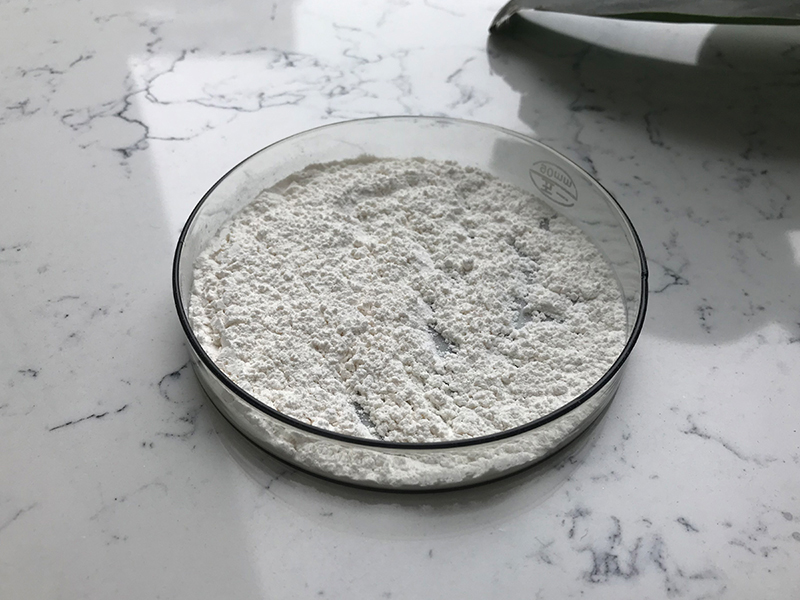L-Tryptophan is an essential amino acid, which means your body cannot produce it on its own and must obtain it through your diet. It serves as a precursor for several important molecules and neurotransmitters, making it a crucial component for various bodily functions.
Potential Benefits of L-Tryptophan:
Mood Regulation: L-Tryptophan is a precursor to serotonin, a neurotransmitter that plays a key role in regulating mood, sleep, and overall well-being. Adequate levels of serotonin are associated with improved mood and a reduced risk of depression and anxiety.

Improved Sleep: Serotonin can be converted into melatonin, a hormone that regulates sleep-wake cycles. Some people take L-Tryptophan supplements to promote better sleep and manage insomnia.
Stress Reduction: Serotonin is also involved in stress management. Adequate L-Tryptophan levels may help reduce the body’s response to stress and anxiety.
Appetite Control: Serotonin helps regulate appetite. Some studies suggest that L-Tryptophan supplementation may help with weight management by reducing food cravings and promoting satiety.
Pain Management: L-Tryptophan may play a role in pain management and analgesia, although more research is needed to understand the mechanisms fully.
Cognitive Function: Some research has suggested that L-Tryptophan may have a positive impact on cognitive function, memory, and learning. This could be due to its influence on serotonin levels and subsequent effects on brain function.
Immune Support: L-Tryptophan is necessary for the production of niacin (vitamin B3) in the body, which is crucial for a healthy immune system.
Reduced Symptoms of Premenstrual Syndrome (PMS): Serotonin fluctuations can contribute to PMS symptoms. L-Tryptophan supplementation may help alleviate some of these symptoms, such as mood swings and irritability.

Neurological Disorders: Some research has explored the potential benefits of L-Tryptophan in the treatment of neurological disorders like Parkinson’s disease and schizophrenia. However, more research is needed in this area.
It’s important to note that while L-Tryptophan offers several potential benefits, it should be taken with caution, and it’s advisable to consult with a healthcare professional before starting any supplementation. Excessive intake of L-Tryptophan can have side effects, and it can interact with certain medications or medical conditions. Additionally, obtaining L-Tryptophan through a balanced diet that includes sources like poultry, eggs, dairy products, and certain plant-based foods is usually the best way to ensure you get the right amount of this essential amino acid.
